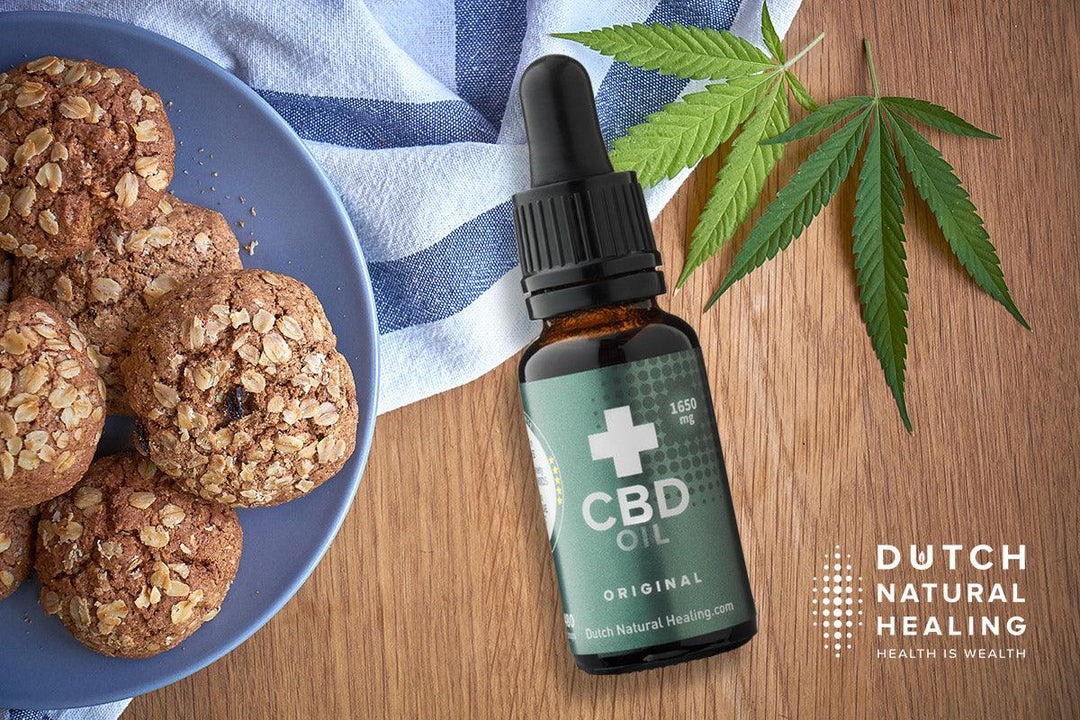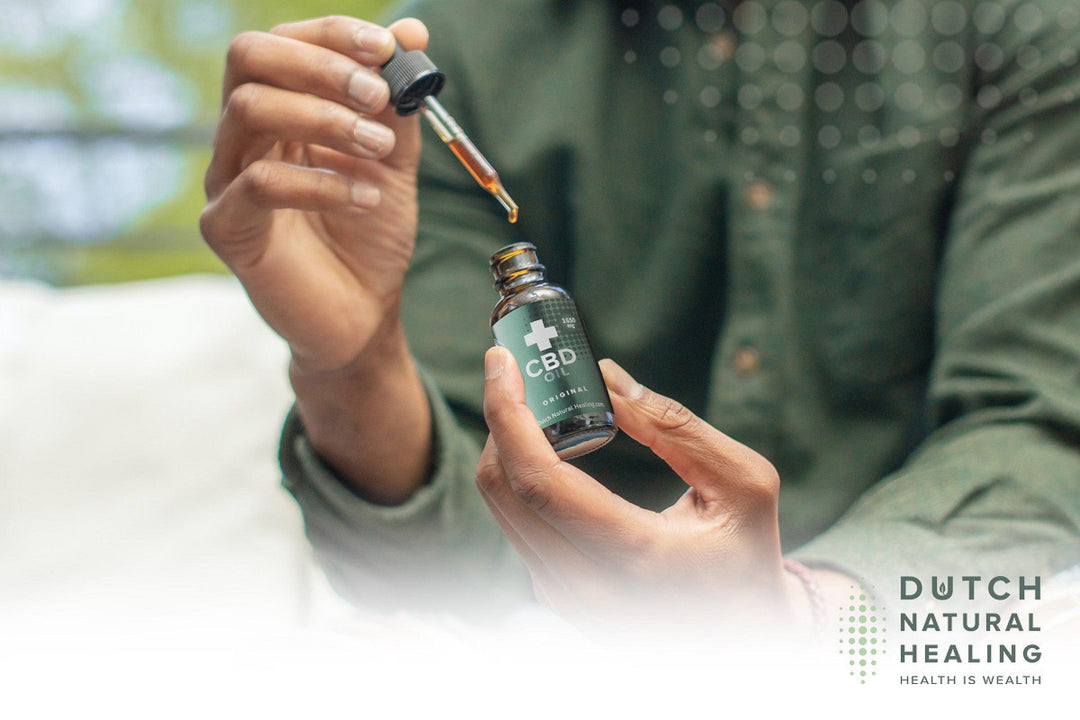In a recent clarification of the European ‘Novel Food Regulation’, CBD is regarded as a novel food. This means CBD oil would have to pass through intense authorization processes for medical- or food supplements, before it’s allowed to be sold on the market. Though extensive research by the European Industrial Hemp Association (EIHA) concludes otherwise: CBD is a century old ‘traditional superfood’ in the EU.
Novel Food Regulation
The ‘Novel Food Regulation’ is a European ordinance meant to regulate the introduction of new food stuffs or novel foods onto the market. According to this regulation, a Novel Food (NF) is a product that was not available as foodstuff or widely consumed in the EU before the 16th of May 1997. Throughout the following years, various regulations were added to further define the included product specifications.
Regarding CBD, hemp and cannabis, the first NF-product catalogue (1998-2017) only covers Cannabis Sativa L.. The plant family including various industrial hemp - and other cannabis - strains. According to this regulation, most foodstuffs or ingredients from Cannabis Sativa L. were not considered to be Novel Food.
In a second version, valid from 2017-2018, Cannabidiol (CBD) was added to the regulation. It stated that Cannabis Sativa L. extracts containing more CBD than naturally is present in the plant, should be considered novel food. Natural extracts without additional CBD, like Dutch Natural Healing CBD products were not mentioned as NF; which resulted in large investments in the CBD-industry.
CBD as Novel Food
The third and most recent version however, updated the specifications for both entries. Stating that from 20-1-2019, only products containing hemp seed and hemp seed oil should be regarded ‘traditional’. Foodstuffs made from the leaves, flowers and extracts containing cannabidiol (CBD) on the other hand, would fall under the Novel Food Regulation. Although these regulations were often not actively enforced and the products remained available almost everywhere in Europe.
Until the Federal Office of Consumer Protection and Food Safety (BVL), a German agency responsible for food safety, released an online statement saying the Novel Food category should include all CBD-products. According to the BVL ‘it is not proven that CBD was consumed on a large scale - or available on the market as foodstuff before 1997. As a result, CBD oil products would have to pass intense and strict processes before market launch - at least in Germany. This would greatly impact the free, competitive market we have now. And in some cases could cause some of the most used brands to be taken off the market, temporarily or even forever.
CBD traditional superfood
According to the EIHA however, this statement couldn’t be further from the truth. The International association of hemp farmers and processors researched the historical use of CBD in Europe, based on the BVL’s statement. In contrary to the BVL’s belief, they reached an opposite conclusion: CBD should be considered as a ‘superfood’. And obviously, we at Dutch Natural Healing couldn’t agree more!
Hemp oil extract appears to be one of the most commonly used vegetable oils before the industrial era. The EIHA bases this on over 21 pieces of evidence, proving the use of hemp in Europe. Varying from recipes for tea to tortelli with hempflowers, a pasta-dish described in an Italian cookbook from 1884.
Though CBD was already used long before that and was not only meant to fill the stomach. Proven by a Latin inscription in a wall in the Italian ‘Canton di Fiori’ in Bologna from 1220, stating: ‘Panis Vita / Canabis Protectio / Vinum Laetitia’. Translated, this means ‘bread is life, cannabis is protection, wine is pleasure.’ Supporting the EIHA’s argument, that CBD and hemp extracts like CBD oil, are consciously used for their health benefits for ages.
EIHA vs. BVL
By bringing this unjust statement of the BVL under the attention, the EIHA was able to get a reaction from the federal government on this matter. Backed by the Federal Ministry of Food and Agriculture, they support the EIHA’s take. In an official response, they state: ‘The opinions of the European Commission, which confirmed that foods containing parts of the hemp plant are not novel foods, remain valid. However, it cannot be concluded from them that all products of the hemp plant, including for example isolated individual substances such as cannabinoids or extracts enriched with cannabinoids, would be marketable as foodstuffs.’
‘So’, says Daniel Kruse, president of the EIHA, ‘hemp food products made from traditionally produced extracts with the natural full spectrum of the cannabinoids contained in the hemp plant are not novel foods.’ This means that CBD products made from natural hemp extracts, like Dutch Natural Healing products, can be legally sold as food stuff or -supplement in the country. This statement by the government and the ministry is an important milestone for the German hemp food industry. One that will undoubtedly have a very positive wrinkle effect on the rest of Europe.




